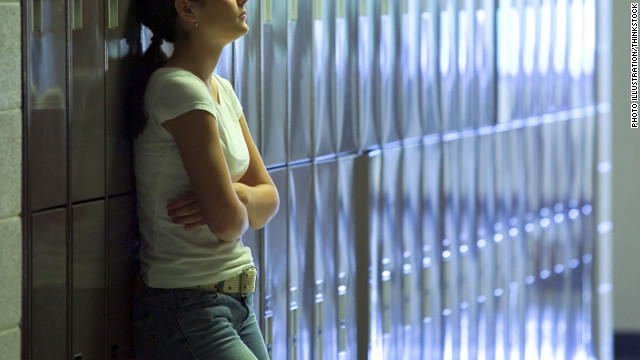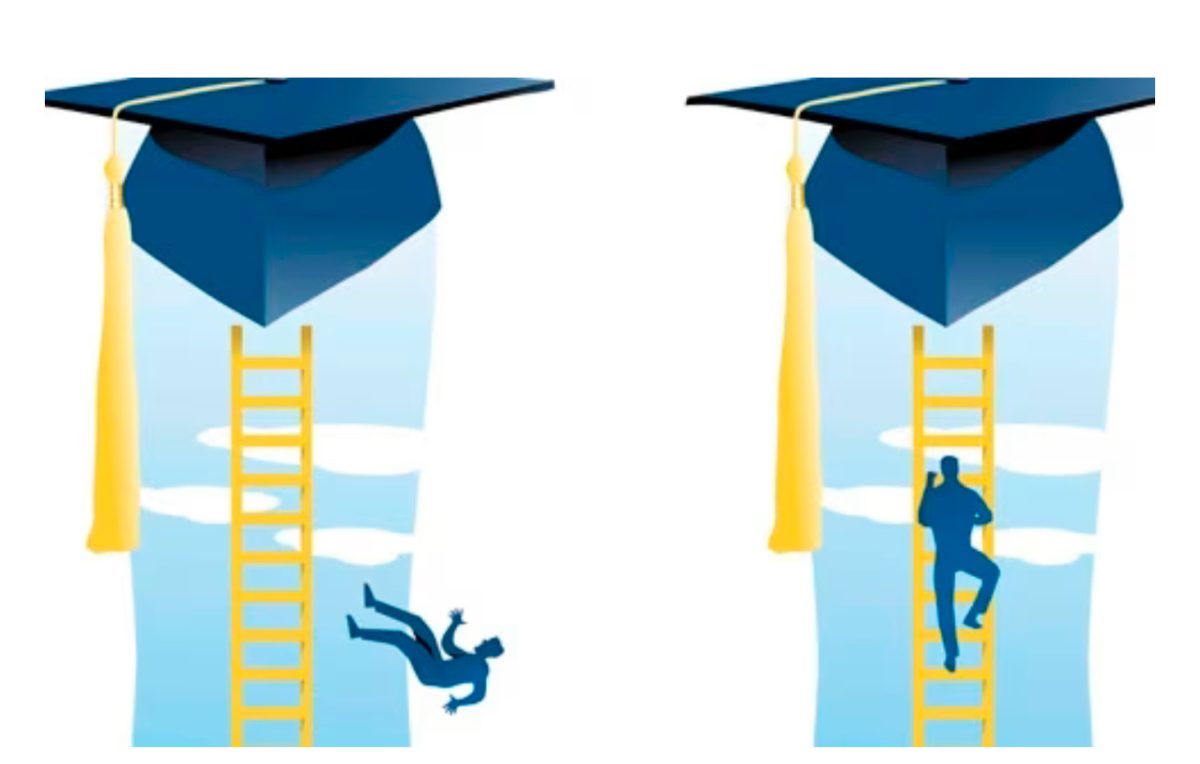Having school start as early as 7:20 in the morning can have detrimental effects on high school students. Research has consistently shown that early school start times are not conducive to the sleep patterns and natural circadian rhythms of adolescents. The biological changes that occur during adolescence result in a shift in their sleep-wake cycle, causing them to naturally go to bed later and wake up later. As a result, early school start times can lead to insufficient sleep, which has been linked to a range of negative consequences, including decreased academic performance, impaired cognitive function, and increased risk of mental health issues.
Insufficient sleep due to early school start times can have a direct impact on academic performance. When students do not get enough sleep, their ability to concentrate, retain information, and problem-solve is compromised. This can result in decreased attention span, reduced memory recall, and difficulties in learning and retaining new material. Additionally, insufficient sleep can lead to decreased motivation and engagement in the classroom, further hindering academic success.
Furthermore, the negative effects of early school start times extend beyond academic performance. Sleep deprivation can have a significant impact on mental health, increasing the risk of depression, anxiety, and mood disorders among high school students. It can also contribute to higher levels of stress and irritability, affecting students’ overall well-being and ability to cope with daily challenges. Moreover, insufficient sleep can have physical consequences, such as weakened immune system, increased risk of obesity, and impaired motor skills.
In conclusion, the early start time of 7:20 in the morning for high school students can have detrimental effects on their academic performance, mental health, and overall well-being. Recognizing the importance of sleep for adolescents, it is crucial for schools to consider adjusting their schedules to align with the natural sleep patterns of students. Implementing later school start times can lead to improved academic outcomes, enhanced mental health, and better overall functioning for high school students.















